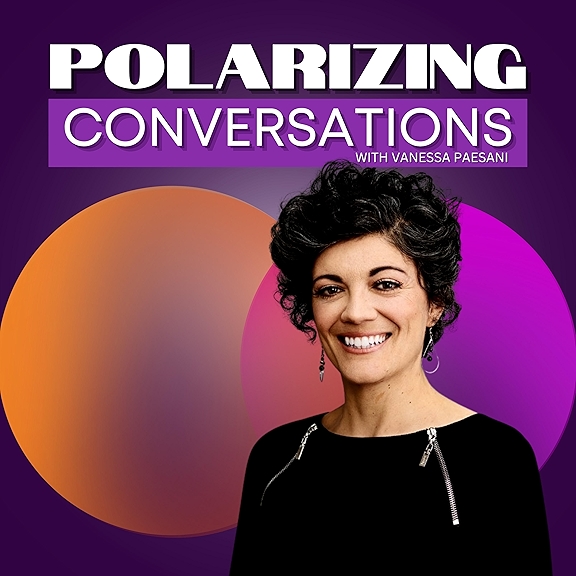22-03-2023
05 - What are the responsibilities of being a Canadian? with Inda Intiar
Inda Intiar is a first-generation immigrant based in the Siknikt district of the unceded territory of the Mi’kmaq, in a city colonially known as Moncton, NB. She is a storyteller and facilitator who brings a global perspective from growing up across multiple countries. Inda is a big believer in the power of storytelling for social impact. She’s currently a member of Inspiring Communities’ Atlantic Changemakers Council, a Transformation Storytelling Fellow with Community Foundations Canada, and a Communications and Outreach Coordinator with Students on Ice Foundation. Inda holds a bachelor’s degree in Journalism, with honours in International Relations, from St. Thomas University. She has worked in the private and non-profit sectors, with experience in building and delivering education programs for youth in Indonesia, as well as diversity and inclusion initiatives for youth in Canada. Inda has been recognized as a Future of Good Young Impact Leader (2019), a YWCA Moncton Woman of Distinction (2019), and a New Brunswick Cultural Diversity Champion (2018), among other awards. In her spare time, she enjoys traveling, the outdoors, music, books and time with loved ones. In this conversation, we discussed the question, “What are the responsibilities of being a Canadian?” in the context of Inda’s journey as an immigrant to Canada, in light of truth and reconciliation, and generally, what having a national identity means. We talked about ‘maplewashing’, which according to Wikipedia is the “alleged tendency of Canadian institutions to sanitize Canadian history” and make it look more favourable than it actually is. Inda referenced the Justin Trudeau quote of 2015, where he stated "There is no core identity. No mainstream in Canada." (Here’s one perspective on what that might mean). And as always, we talked about what this means for us as individuals living in community and in relation with others, with the aim of finding common ground. I have a lot of gratitude to Inspiring Communities for supporting season 1 of this podcast series. If you liked this episode, please share it and subscribe wherever you get your podcasts! If you missed the other episodes, check us out at www.polarizingconversations.com - and let me know what you think. We have some exciting polarizing conversations coming up in the rest of the season - I sincerely hope you’ll join me on this journey of finding common ground on some of the most difficult topics of our time.










